Where to Give to Combat Climate Change: US Policy Change
Introduction
We believe that the most effective giving opportunities are organizations working to enact systemic policy change. The United States, as a leader on the global stage and the world’s second-largest emitter, holds immense power and responsibility to shape the global fight against climate change. The US is also the largest global funder of research and development, so its actions can have global impact.
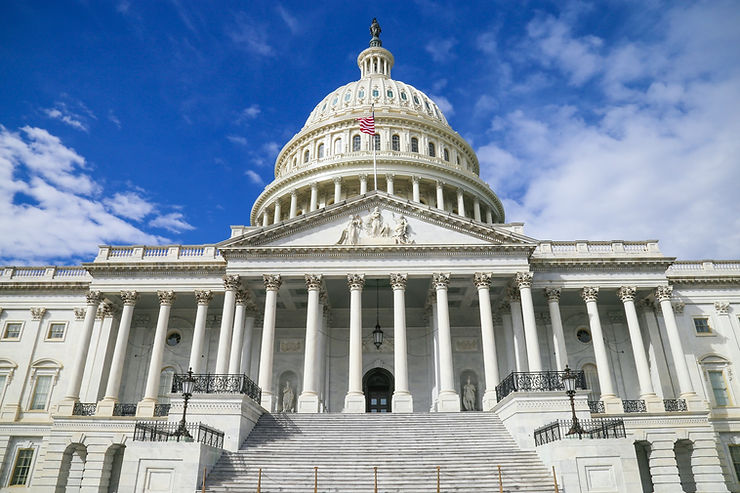
In 2021, we continued our research into organizations seeking to shift US national climate policy. In particular, we researched insider policy advocacy groups and “outsider” activist groups, which we viewed as the two highest priority methods for influencing policy. Advocacy refers to engagement in the policymaking process in order to shape priorities and influence specific pieces of legislation and regulation; activism seeks to influence political outcomes by mobilizing citizens to take actions that generate public attention around specific issues or demands.
In making our recommendations, we sought out organizations that are impact-focused with clear evidence of effectiveness, have a strong organizational structure with experienced staff, and have the capacity to absorb additional funds effectively. As part of our investigation, we interviewed experts in academia, policy, and philanthropy; spoke with representatives from each organization; verified accomplishments by speaking with other organizations working in climate policy; analyzed relevant climate policy reports; and built cost-effectiveness analysis models that estimated how much it would cost (in expectation) for each organization to remove a metric ton of carbon dioxide from the atmosphere. (To learn more about our research process, please see “Giving Green’s Approach to Policy Change Recommendations.”)
Our recommendations
We are excited to recommend three insider policy advocacy groups this year. We recommend the following organizations on the basis of their strategy, impact, cost-effectiveness, and financial need:
- Clean Air Task Force – Pushes for technologies and policies that are relatively neglected in the climate space. Its recent accomplishments include its role in pushing for clean energy technologies in the Infrastructure Investment and Jobs Act, which includes a total of $45 billion in funding for carbon capture and sequestration, direct air capture, nuclear, and hydrogen programs and for plugging methane leaks from abandoned wells. For more information, please see our Clean Air Task Force overview.
- Evergreen Collaborative – Develops and advocates for innovative and progressive climate policy. Evergreen Collaborative was a driving force behind the Clean Electricity Performance Program, which was considered a key part of President Biden’s ambitious plan to slash US greenhouse gas pollution by 50% from 2005 levels by 2030. For more information, please see our Evergreen Collaborative overview and deep dive.
- Carbon180 – Focuses on an important and neglected problem: carbon removal. Its recent achievements include advocating for billions of dollars in funding for carbon removal research and development, direct air capture hubs, and carbon storage in the Infrastructure Investment and Jobs Act. For more information, please see our Carbon180 overview and deep dive.
Climate activism in 2021
Our research on activism suggested that activism has played and will continue to play an important role in affecting climate policy in the US. However, for various reasons (detailed in our research documents), we did not include any specific activism organizations among our primary recommendations in 2021.
For donors who would like to support progressive activism, we instead suggest considering an umbrella organization: the Green New Deal Network (GNDN), which coordinates and supports a coalition of grassroots organizations. We did not include GNDN among our list of top organizations because it has a limited track record thus far and does not actively seek small-scale retail donations. We think that supporting GNDN is appropriate in the following cases:
- Institutional donors – Because GNDN’s fundraising strategy does not seek out small retail donations, we recommend contributions to GNDN for institutional donors who would like to contribute a substantial amount of money (roughly $20,000 or more).
- Volunteers – For individuals who would like to donate time rather than money, we tentatively recommend volunteering for one of GNDN’s coalition members, all of which rely on grassroots support. We have not vetted each of GNDN’s coalition members and cannot recommend which provide the best volunteer opportunities.
For more information on GNDN, please see our GNDN deep dive.
Changes from our 2020 recommendations
Our list of recommended charities contains mostly new recommendations; Clean Air Task Force is the only charity that was previously included in our 2020 list. We removed the Sunrise Movement Education Fund from our list because we are unsure of its future plans beyond 2021 and its room for more funding. We plan on reviewing the Sunrise Movement Education Fund again when we have a better understanding of its future strategy. For more information on the Sunrise Movement, please see our deep dive on the organization.
Where do we recommend donors give?
- You can donate to our top insider policy advocacy organizations through their individual websites and in the links below.
- If you are an institutional donor interested in donating to GNDN, you can contact GNDN by emailing marygrace@greennewdealnetwork.org.
- We do not have a preference between our top organizations for a couple of reasons. First, all of these organizations are engaging in work that is fundamentally uncertain, which makes it difficult to rank different highly-promising organizations and their work against one another with a high degree of precision. Second, although we estimated the cost-effectiveness of each organization, their estimates were all in the same order of magnitude, and we think that the inherent uncertainty in the cost-effectiveness makes them unsuitable for ranking the organizations. Finally, our recommended organizations use different theories of change for shifting climate policy (e.g. mobilization of the political left and technology innovation and regulation). These different theories of change are accompanied by good, evidence-based arguments for their assumptions. Decisions about these different approaches are a matter of both judgement and evidence. Rather than taking a stand on which of these theories of change is most likely to hold, we at Giving Green wish to provide well-researched evidence on organizations that could productively employ additional funds and are working in an evidence-based manner across different theories of change.
Giving to support Giving Green’s operations
As a nonprofit organization, Giving Green relies on donations from its readers. If you appreciate our research and would like to support our operations, you can donate to us here. Donations to Giving Green help us grow as an organization and support our research and communications.
Questions? Want to collaborate? Please reach out at givinggreen@idinsight.org.
Support Our Work
Giving Green Fund
One fund. Global impact. One hundred percent of your gift supports a portfolio of high-impact climate organizations, vetted by our research.
Best for:
Donors who want the simplest way to impact multiple climate solutions.
Top Climate Nonprofits
Meet the organizations on Giving Green’s list of high-impact nonprofits working to decarbonize our future, identified through our rigorous research.
Best for:
Donors who want to give directly and independently.
Support Our Work
We thoroughly research climate initiatives so you can give with confidence. For every $1 we receive, our work unlocks another $21 for effective climate solutions.
Best for:
Donors who want to amplify their impact through research.




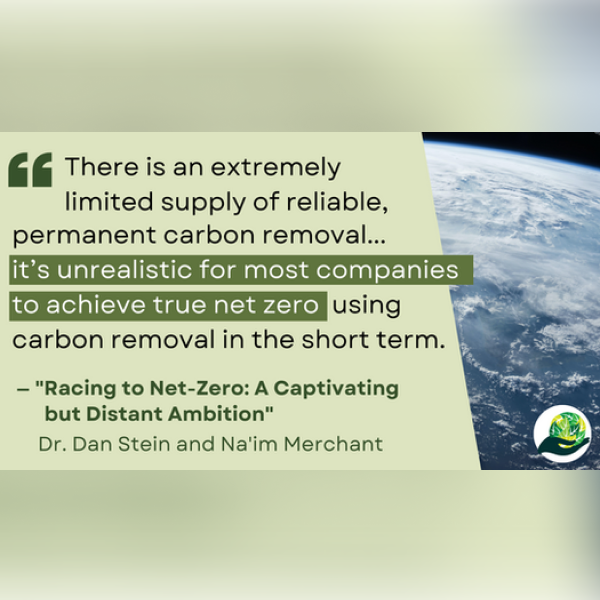











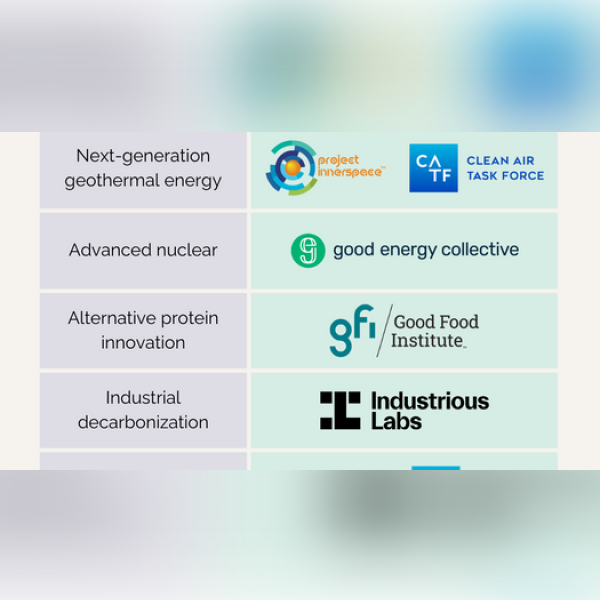
.png)

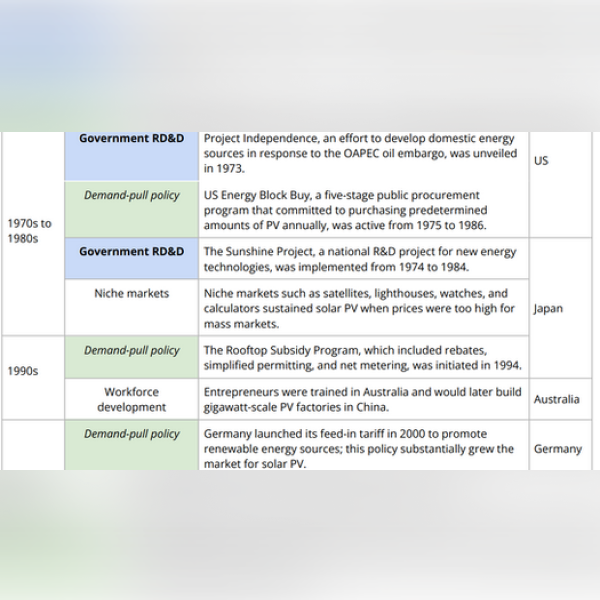



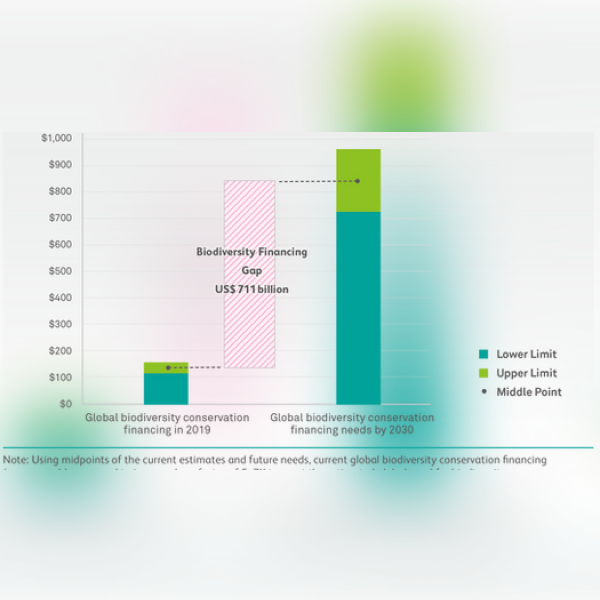
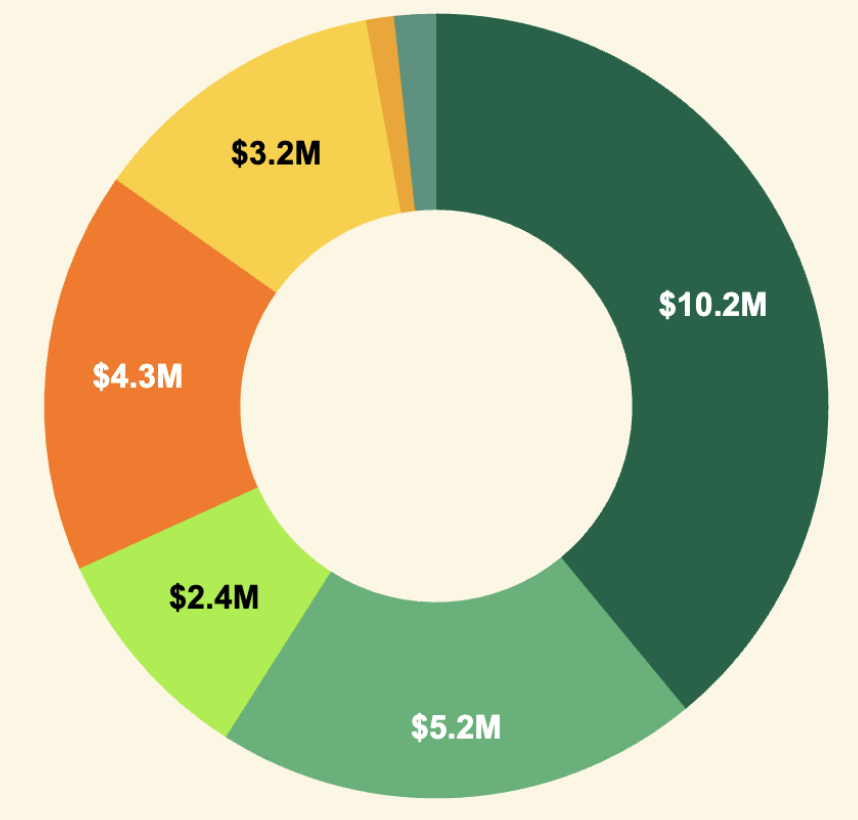
.png)




.png)



.png)
.png)






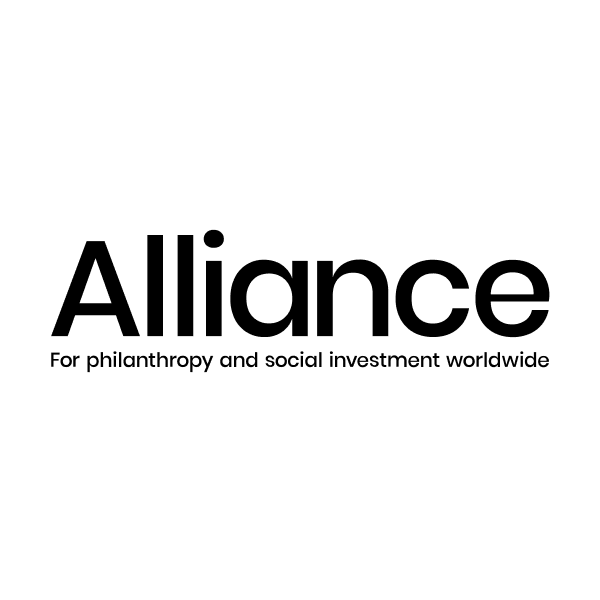



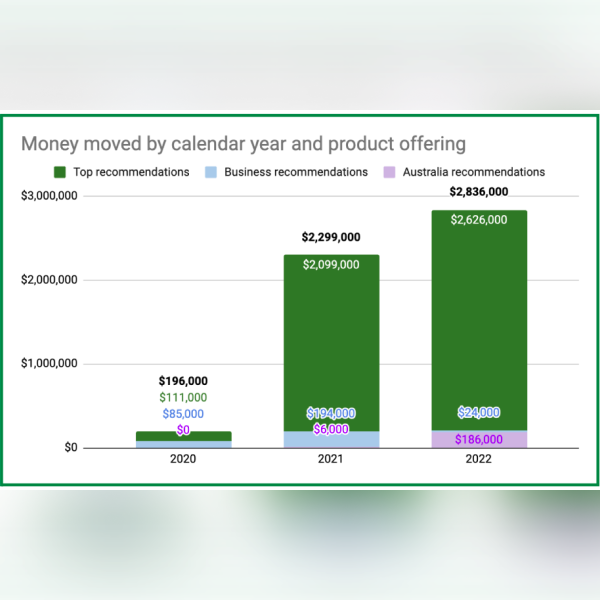


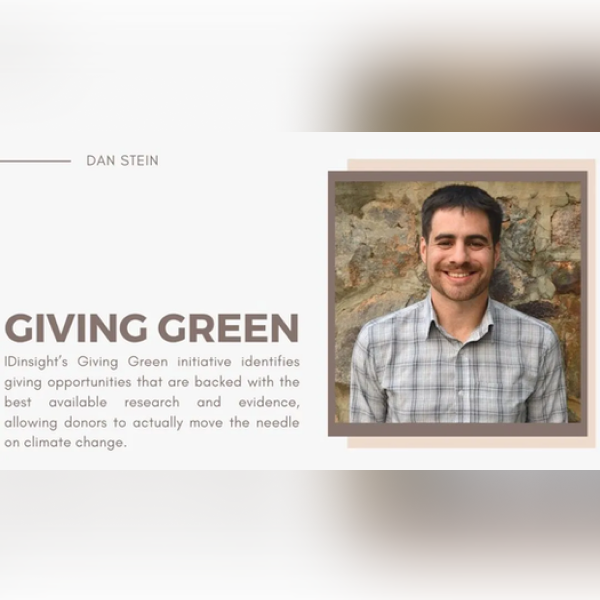
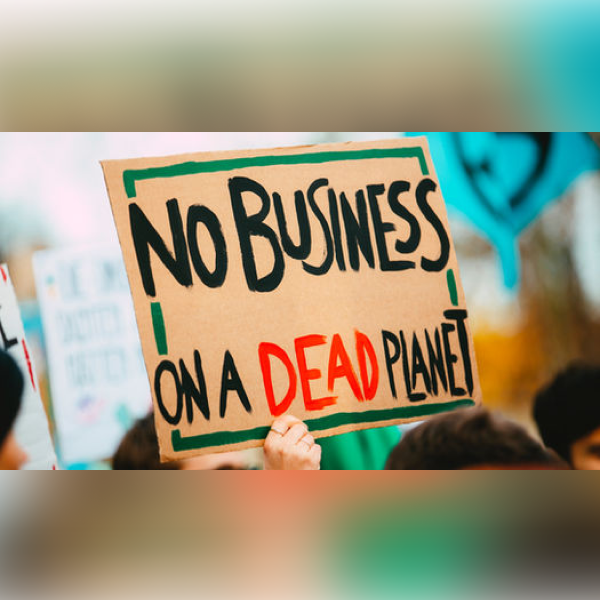

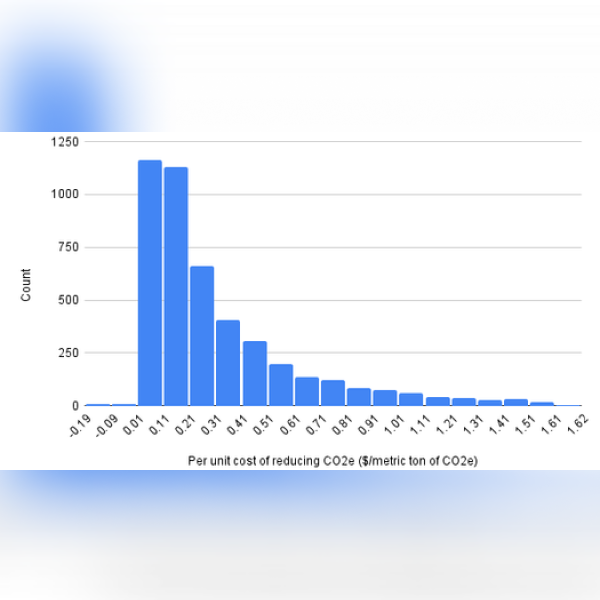

.png)
.png)



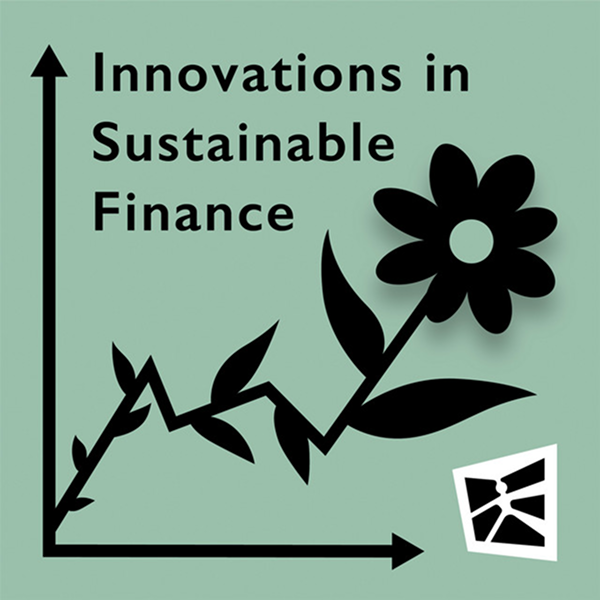












.png)
